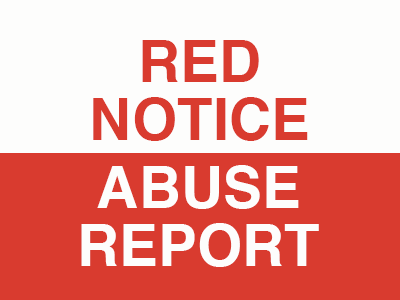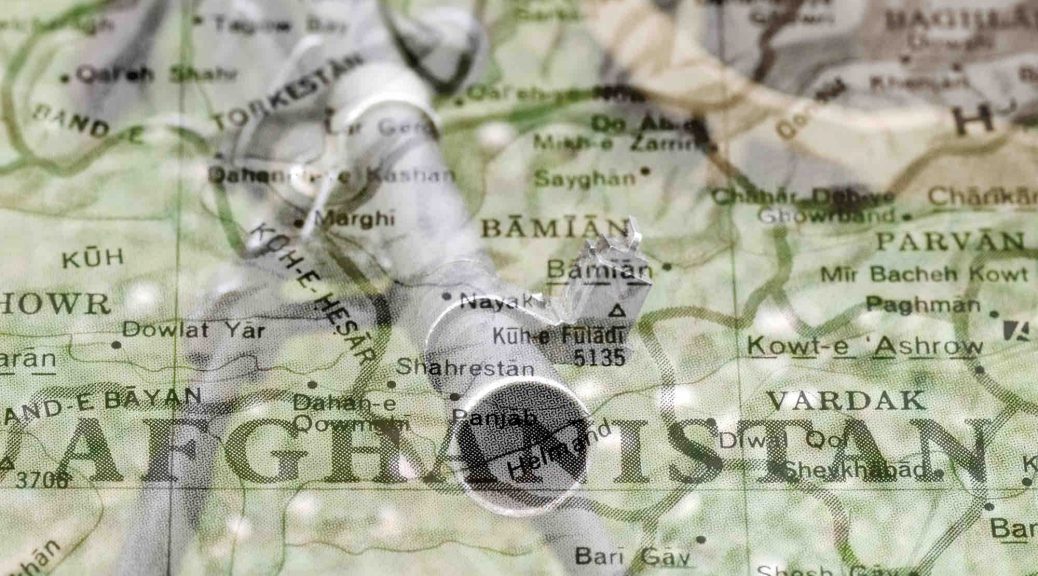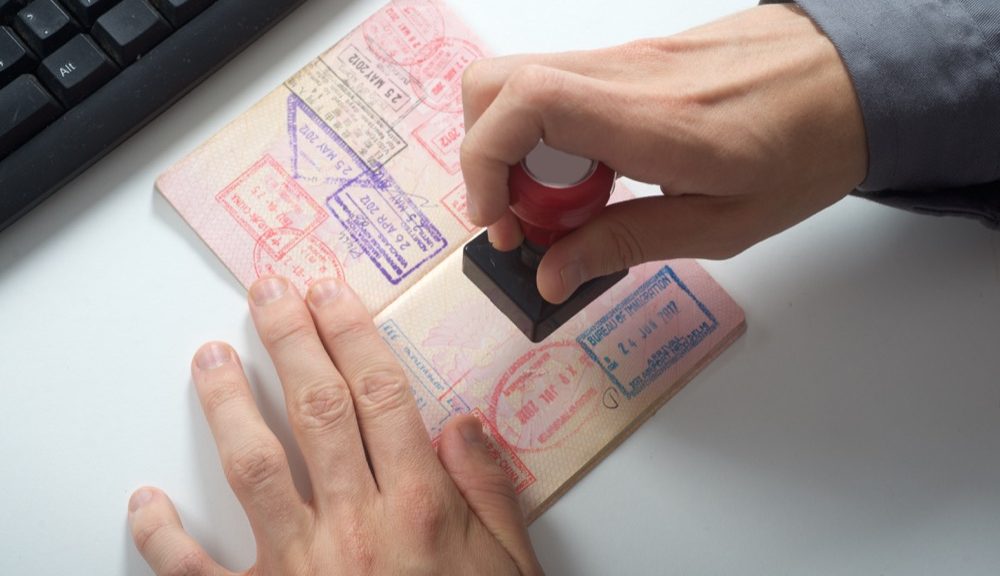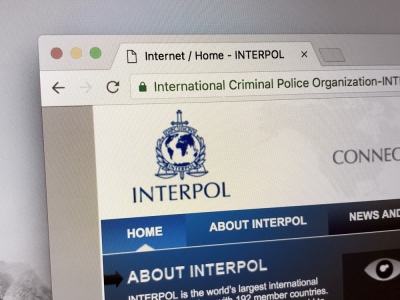INTERPOL Confirms the Limited Role of Preemptive Requests by Which Individuals Warn the Organization of Impending Government Abuse of its Resources
According to INTERPOL, there are four types of requests that it receives from individuals: requests for access to the information in the Organization’s files, requests to correct or delete information (complaints), applications for the revision of decisions rendered by the Commission for the Control of INTERPOL’s Files (CCF), and preemptive (preventive) requests warning INTERPOL of …





